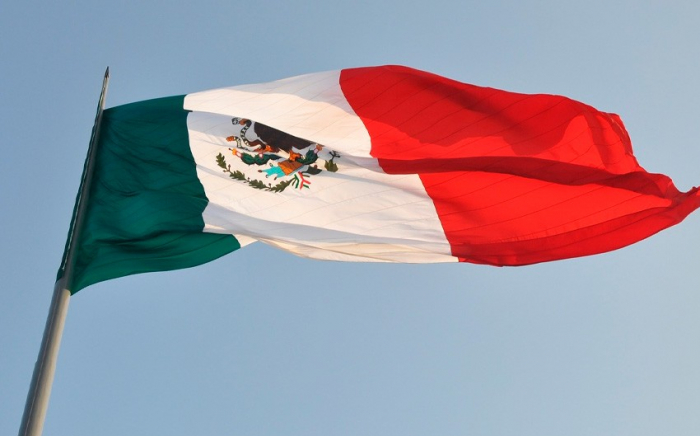The new leader of Mexico, the US' biggest trading partner, could make or break bilateral collaborations that have helped stem the flow of northbound migration.
Yet while immigration has been a top concern in the upcoming US elections, it's been rarely mentioned in Mexico's presidential race, signaling internal concerns trump the issue.
Six in 10 adults in Mexico consider it unsafe to live in their city, due mostly to fear of theft or armed violence, according to the National Institute of Statistics and Geography.
Mexico has tallied more than 188,000 murders in the last six years, even as the murder rate has very slightly fallen from a record high in 2018.
Extortion from armed groups remains common nationwide, and official data shows reports of forced disappearances increased during the six-year presidency of Andrés Manuel López Obrador, who cannot run again because of term limits.
This election cycle has been particularly dangerous for politicians, with at least two dozen candidates being killed, and 469 receiving special police protection over threats, the security ministry says.
The two leading presidential candidates are Claudia Sheinbaum from the ruling Morena coalition and Xóchitl Gálvez, a former senator from the opposition coalition called Fuerza y Corazón por México.
Sheinbaum, who is leading in the polls, is a scientist and formerly the leader of Mexico City's government.
Her proposals to stem violence largely mirror those of her mentor, López Obrador, who created the National Guard and gave it significant power over public safety while also promoting his famous "hugs, not bullets" mantra.
She's also promised to create a new national criminal investigations program to tackle impunity (more than 98% of crimes go unpunished or unsolved in Mexico).
Gálvez, an engineer, has pledged to build a new maximum security prison, invest in forensics and strengthen the justice system, and to keep the National Guard deployed in key areas but make it civilian-led.
Trailing them is Jorge Álvarez Maynez of centrist party Movimiento Ciudadano.
"There's a lot at stake bilaterally in many aspects," says Carin Zissis, editor in chief of Americas Society/Council of the Americas.
"And while migration has not been a huge campaign issue in Mexico… it's hard to think that it won't be a big challenge that both the next Mexican president and the next occupant of the White House will need to handle" preferably jointly, Zissis adds.
Silvia Núñez García, the former director of the Center for Research on North America at the National Autonomous University of Mexico, says the U.S. and Mexico also need to jointly tackle fentanyl trade and the porous movement of arms.
"At the end of the day, with such a massive common border, with shared risks and threats in that space, there needs to be better shared policies and that requires dialogue," says Núñez García.
AzVision.az
More about: Mexico















































